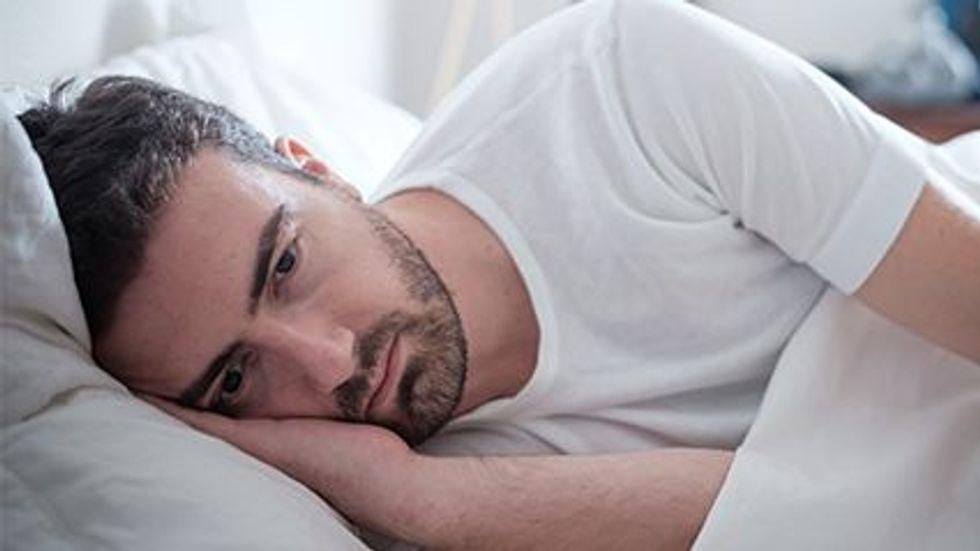FRIDAY, Aug. 13, 2021 (HealthDay News) — The drug Xywav has been approved for expanded use in adults with a rare sleep disorder called idiopathic hypersomnia, the U.S. Food and Drug Administration said Thursday.
The drug has a checkered history: In the 1960s, it was given to women during childbirth to dampen their consciousness, The New York Times reported, while an illicit version made headlines as a “date rape” drug in the 1990s.
It’s the first drug to be approved by the FDA for idiopathic hypersomnia, which causes excessive daytime sleepiness even after a good night’s sleep.
The oral drug was already approved for the treatment of excessive daytime sleepiness and sudden loss of muscle tone in patients aged 7 and older with narcolepsy.
“Idiopathic hypersomnia is a lifelong condition, and the approval of Xywav will be instrumental in providing treatment for symptoms such as excessive sleepiness and difficulty waking, and in effectively managing this debilitating disorder,” Dr. Eric Bastings, deputy director of the Office of Neuroscience in the FDA’s Center for Drug Evaluation and Research, said in an agency news release.
The approval is based on a clinical trial that included 154 adult patients, aged 19 to 75. Those who were switched from Xywav to a placebo experienced worsening sleepiness and symptoms of idiopathic hypersomnia compared to those who continued taking the drug, according to the FDA.
The most common side effects of the drug were nausea (21.4%), headache (16.2%), dizziness (11.7%), anxiety (10.4%) and vomiting (10.4%).
Xywav has a boxed warning for central nervous system depression and abuse and misuse, which can cause serious side effects such as seizures, trouble breathing, changes in alertness, coma and death, the FDA said.
Due to the potential risks of the drug, it’s subject to strict prescribing and dispensing controls, and is not available in retail pharmacies.
Xywav can be prescribed only by a certified prescriber and dispensed only to an enrolled patient by a certified pharmacy that ships directly to patients, the FDA said.
Some experts said the evidence to support the new approval is weak. And they worry about the dangers of the medication, which acts so swiftly that its label advises users to take it while in bed, the Times reported.
The drug “has serious safety concerns, both in terms of its abuse liability and its addictive potential,” Dr. Lewis Nelson, director of medical toxicology at Rutgers New Jersey Medical School, told the Times.
More information
Visit the National Heart, Lung, and Blood Institute for more on insomnia.
Copyright © 2026 HealthDay. All rights reserved.

